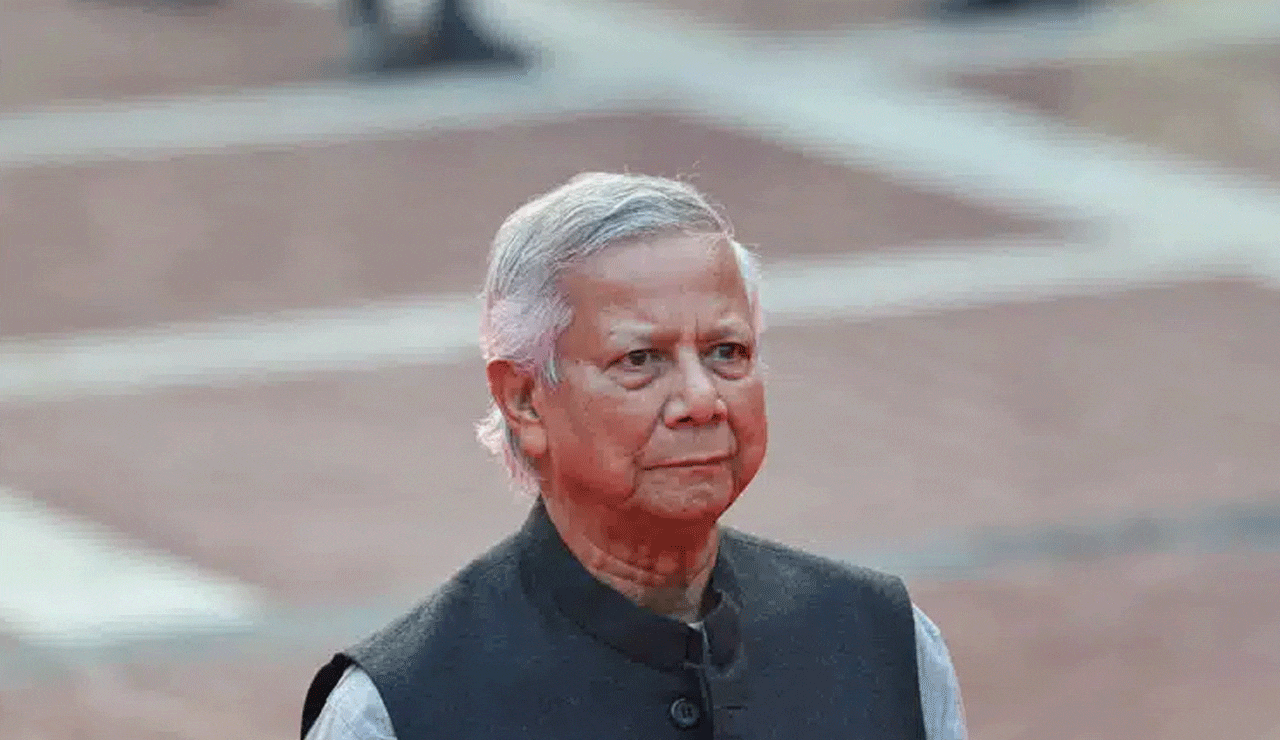New ISI blueprint: Pakistan handles Kashmir, Bangladesh to take aim at rest of India
It was called as the most promising economy a few years ago, but today Bangladesh has turned into a proxy war zone against India.

New Delhi: It was called as the most promising economy a few years ago, but today Bangladesh has turned into a proxy war zone against India. Like Pakistan, Dhaka, too, has been indulging in fake news and setting a false narrative against India. With a friendly administration at the helm led by interim chief adviser Muhammad Yunus, Indian agencies say that there are easily more terror groups in Bangladesh when compared to Pakistan.
The terror groups that were born in Bangladesh, no doubt had the blessings of the Inter Services Intelligence (ISI), but with Yunus, who is backed by the Jamaat-e-Islami taking over, Pakistan has managed to export more terror groups into the country. An Intelligence Bureau official said that Pakistan’s strategy has completely changed since the ouster of former Bangladesh Prime Minister Sheikh Hasina.
By pushing more terrorists and nurturing terror groups in Bangladesh, Pakistan is clear that its entire focus would be on Jammu and Kashmir. UK-based Bangladeshi political activist, Barrister Nijhoom Majumder, said that the country had become the battlefield and India is the target. Under Yunus, who calls everything against his country fake news, there have been 2,500 torture cases, 30 minority killings and 637 mob lynchings in last 14 months in Bangladesh.
Also Read: Bangladesh: Awami League warns of democratic crisis after Yunus’ remarks reveal ‘contradictions’
Post Operation Sindoor, Pakistan’s military was badly exposed. While Pakistan has lied about statistics regarding the losses due to Operation Sindoor, the fact is that Islamabad is aware that it cannot take on the Indian armed forces. Hence, it decided to re-strategise and focus just on Jammu and Kashmir. During earlier times, the focus would be on different parts of the country and the various blasts, Parliament and Mumbai 26/11 attacks are proof of that.
According to its new strategy, it has decided to nurture as many groups as possible in Bangladesh and the instruction to them is target not just the northeastern states, but other parts of India as well. The Jaish-e-Mohammad and Lashkar-e-Toiba would be used exclusively for Jammu and Kashmir. The Bangladesh-based terror groups, Jamaat-ul-Mujahideen Bangladesh (JMB), Harkat-ul-Jihadi-Islami (HuJI), Ansaraullah Bangla Team (ABT), Islamic State and Al-Qaeda have been briefed to target various parts of India.
If these groups target the northeastern, northern and southern states, then the Pakistan-based terror groups could completely focus on Jammu and Kashmir. Even on Jammu and Kashmir, Pakistan would tread carefully as it realised that any misadventure like the Pahalgam attack would not be taken lightly. It also realised that India was serious when it said an act of terror would be treated as an act of war and not as cross border terrorism.
Pakistan feels that by directing the Bangladesh-based terror groups to focus on the rest of India, the security agencies would have their hands full. The attention diverts at such a time and this gives Pakistan time to carry out attacks in Jammu and Kashmir. For the Indian agencies there is a worry on two fronts and the alert levels would need to be high. First, all the terror groups in Bangladesh have the backing of the Bangladesh administration.
Since the Jamaat-e-Islami calls all the shots, these terror groups can even operate openly with the blessings of the state. The second worry is most of these groups have modules in India. While the JMB has modules in West Bengal, the ABT has them in northeast. The HuJI has modules in south India and this has been the case for long. The Al-Qaeda has its modules in north India. The Islamic State, on the other hand, has managed to spread its ideology in south India.
This means none of these terror groups have to start from scratch and can activate their modules easily. However, officials point out that there has been a change in how security is handled in India today. The Intelligence is stronger and agencies like the National Investigation Agency (NIA) has done a commendable job when it comes to tackling terror. The ISI may plan such strategies, but owing to a better security mechanism, these groups are likely to find it hard to operate in the country. However, the fact is that the threat would always persist.

